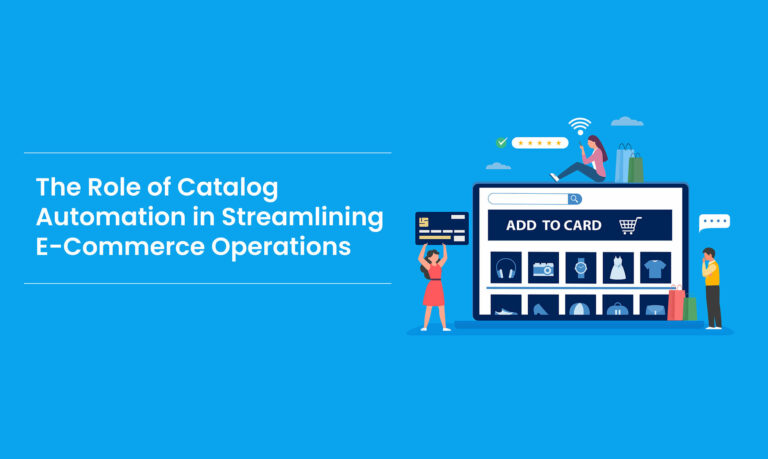E-commerce websites need to be accessible in multiple languages for a broader reach. This involves localizing and adapting the online store to various languages and cultures. It’s more than just translation; it’s about delivering the same message in different languages, ensuring accurate cross-cultural translation and multilingual capabilities in online e-commerce business. Effective localization means presenting content that is understandable to potential customers and feels natural and authentic.
Comprehensive localization enhances consumer trust and involvement, raising the probability of profitable transactions and return visits. It ensures that the global can easily engage with an e-commerce platform like a local website. To assist you with e-commerce localization, website language translation services are available. These services ensure that components such as product descriptions, prices, photos, and shopping cart functionality are suitably adjusted to the local context and preferences of the intended audience.
Introduction
In the ever-expanding global marketplace, e-commerce businesses are constantly seeking ways to reach a broader audience. One key strategy to achieve this is through localization, the process of adapting content to specific regions or markets. In this digital era, where borders are virtual, and consumers speak diverse languages, effective e-commerce localization is crucial. This blog explores SEO best practices for e-commerce localization, emphasizing the transformative role of AI-powered website language translation services like Neural Translation by Rubick.ai.
Importance of E-commerce Localization
In the vast landscape of global e-commerce, the significance of localization cannot be overstated. Beyond merely expanding geographical reach, e-commerce localization is the linchpin for resonating with diverse consumer bases. It involves tailoring not only the language but also the cultural nuances of your content to match the preferences of your target audience. This intricate process enhances user experience and has a profound impact on search engine rankings. Search engines favor websites that go the extra mile to provide relevant, culturally attuned content, making e-commerce website language translation services imperative for businesses aiming to thrive in the competitive global marketplace.
Leveraging AI for Language Translation
Language translation services have become indispensable for businesses looking to break language barriers. AI-powered translation engines, such as Neural Translation by Rubick.ai, have revolutionized the way e-commerce businesses approach localization. With the ability to translate and transliterate 50 global languages while retaining context, Neural Translation offers a one-click solution for transforming e-commerce listings and websites into any supported language.
Neural Translation: A Game-Changer
Rubick.ai’s Neural Translation stands out as a game-changer in the realm of e-commerce localization. Its AI-powered engine ensures not only accurate translations but also considers cultural nuances, providing a seamless experience for users across the globe. Real-time translations make it possible for businesses to engage with their audience instantly, fostering trust and loyalty.
SEO Best Practices for E-commerce Localization
Keyword Optimization:
Incorporating relevant keywords in the translated content is paramount for effective SEO. Utilize tools like Neural Translation to ensure that keywords are translated accurately, maintaining their search intent. This not only improves search engine rankings but also enhances the visibility of your products or services in local markets.
Multilingual Content Creation:
Diversify your content strategy by creating multilingual content that resonates with different audiences. Neural Translation makes this process efficient, allowing you to create high-quality content for each target market without compromising on authenticity.
URL Structure:
Optimize your website’s URL structure for different languages. Use country and language-specific subdirectories to signal to search engines that your site is tailored for a particular audience. This improves the chances of your website appearing in localized search results.
Metadata Optimization:
Craft compelling meta titles and descriptions in the target language, incorporating relevant keywords. Neural Translation’s real-time capabilities empower you to create SEO-friendly metadata for each localized page, maximizing its visibility in search engine results.
User Experience (UX) Considerations:
Ensure that the localized versions of your website provide a seamless and culturally sensitive user experience. From user interface design to the checkout process, Neural Translation aids in maintaining consistency across languages, contributing to positive user experiences.
Conclusion
Successful e-commerce localization requires a strategic approach to SEO, and AI-powered language translation services are pivotal in achieving this goal. Neural Translation by Rubick.ai emerges as a reliable partner, ensuring accurate and contextually relevant translations for enhanced global reach.
Explore the advanced capabilities of Neural Translation by visiting Rubick.ai. Transform your e-commerce localization strategy and unlock new possibilities for your business.

